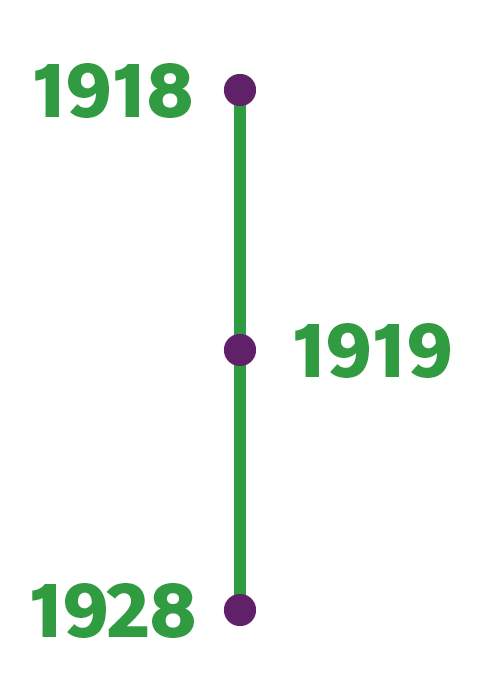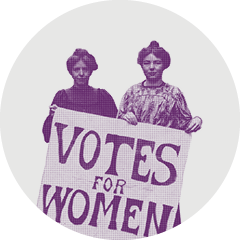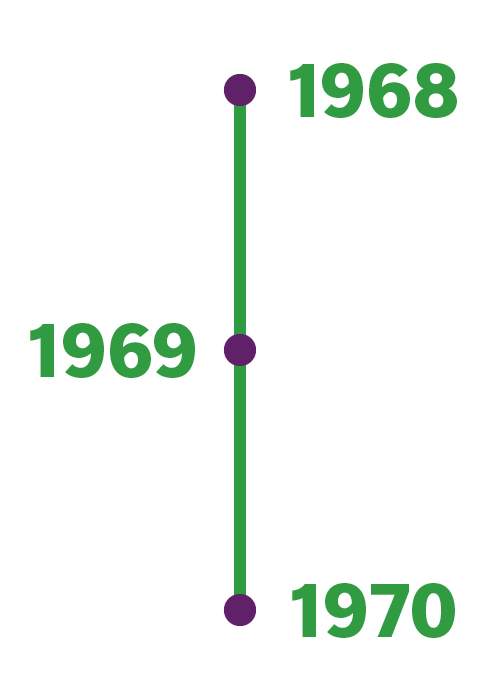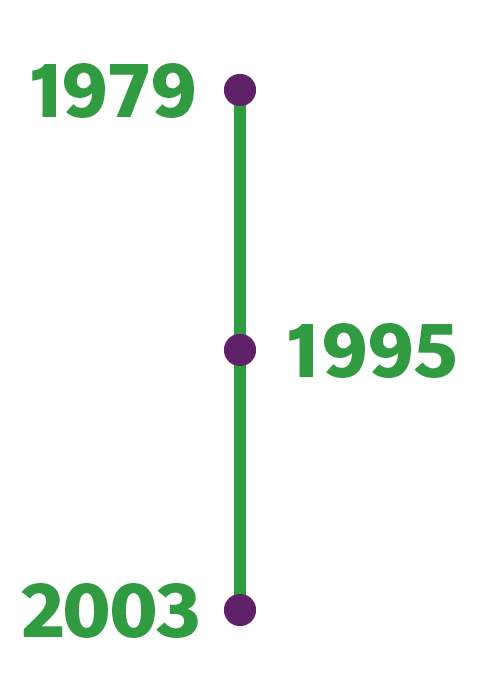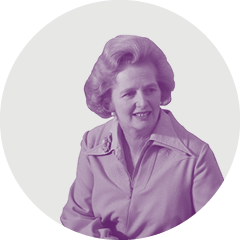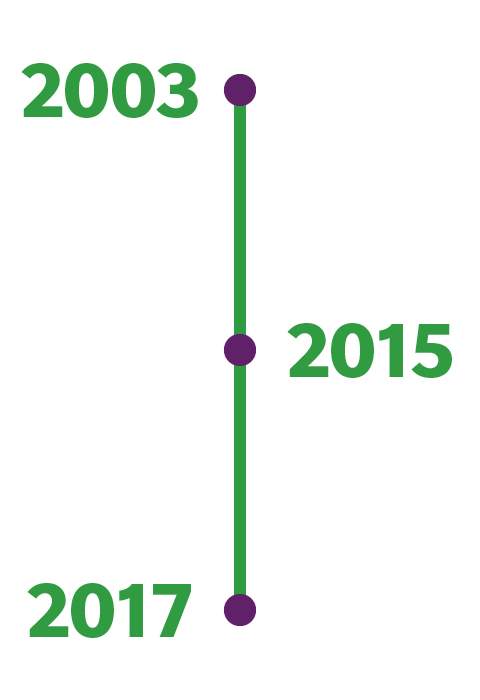It has been 100 years since the first woman could vote and the UK saw the first woman in parliament. Significant progress has been made over those 100 years and the number of women active in politics in the UK and globally has grown significantly. But in 2018 women remain underrepresented in all levels of politics.
So, what has changed in 100 years and what more still needs to be done?
The British Council commissioned our Women Power Politics report to reflect on what has worked in the past 100 years and what has not. We hope this will enable us all to learn from each other and collaborate more closely to achieve success in the future, building up to the centenary of universal suffrage in 2028.
We engaged a range of participants from the UK and internationally through 40 individual interviews; six roundtables with 77 stakeholders and over 60 talking head short films to reflect many different experiences and a range of expertise. Participants were mainly women and ranged from those with direct experience as politicians, to those who are experts as academics, international consultants and activists in the field of women’s political participation.
Our report focuses on the following themes:
5. The results: change for women’s lives
Politicians spoke consistently about the changing nature and tone of political debate as, with increasing numbers of women within parliamentary structures you could hear a much stronger women’s voice. This is echoed by parliamentarians across the world. Growing numbers of women, working together, have successfully changed the political agenda and the law to improve the lives of women and girls.
6. A changing world?
We have seen sweeping changes over the last 100 years in the UK and internationally on big themes like voting, the economy, care, education, justice and violence, culture, technology and attitudes to gender equality and the impact these have had and continue to have on women, power and politics.
Image for The results: change for women’s lives
© NurPhoto/Getty
We asked participants what changes they'd like to see in the next ten years. Here's what some of them had to say.
Some participants felt that increasing diversity is crucial:
Bethany Young from Sisters of Frida, an experimental collective of disabled women.
Ruth Boyle, Policy Officer (Public Affairs), Scottish Council for Voluntary Organisations.
Whereas some felt schools should introduce conversations about gender as early as possible:
Harriet Andrews, Director/Founder, The Politics Project, a youth democratic education organisation.
Mike Nesbitt, Treasurer, All party group on UNSCR 1325 Women, Peace and Security
Some thought we need to introduce quotas:
Rt Hon Maria Miller MP, Chair of Women and Equalities Select Committee
And others felt we need to find ways to give women and girls a more confident voice:
Mikalya Jones, Birmingham Senior Programme Manager at UpRising, a national youth leadership development organisation.
Laura McAllister, Professor of Public Policy at Cardiff University
Download the full report to find out more and then join the conversation.
What change would you like to see in the next ten years?

